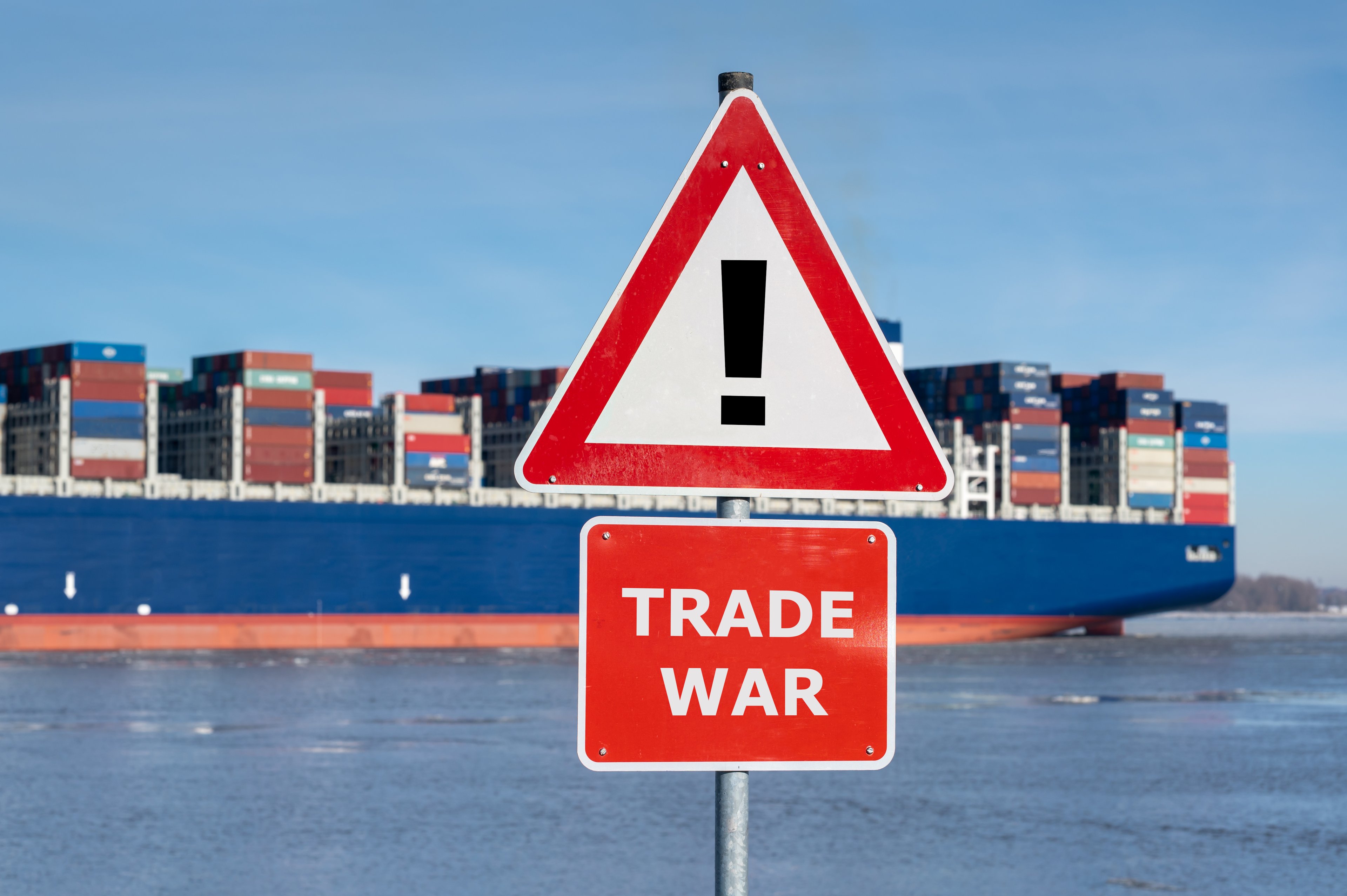A swine flu is threatening China's entire hog population. That's a huge problem because over half of the world's pigs are in China, which consumes more than half of the world's pork. That has caused the price of pork to rise as China has been buying pork that used to be sold to the United States. It's a shortage that will have a ripple effect that could cause the price of chicken and beef to rise, which may impact U.S. consumers.
To catch full episodes of all The Motley Fool's free podcasts, check out our podcast center. A full transcript follows the video.
This video was recorded on May 7, 2019.
Nick Sciple: Imitation meat has been really in the news recently. Beyond Meat IPO-ed last week, had the largest first-day pop for an IPO this year, up 163%. Imitation meat has been really, really hot in the streets. But today, we're going to talk about the real thing, Dan. We're coming in for the real thing, and it's a really interesting story.
Over the past year, it really started to ramp up in October, there has been a pandemic across the entire hog population in China that's showing ripple effects all across the world. Just to give you some background on what's going on, African swine fever has really ravaged the Chinese hog population. Over half the world's pigs are in China and China consumes over half the world's pork. First started presenting an issue in early August, when the Chinese government said they'd effectively controlled the outbreak at a small farm that had 400 hogs in Shenyang in China. However, starting in October, it really started to ramp up, and now this disease has spread across China into Mongolia, Vietnam and Cambodia. Over a million hogs have been culled from populations. We're expecting 100X more than that before this is all over.
Dan, I mean, this is a crazy story, right?!
Dan Kline: You're the first person to ever put "the death of a million pigs" and "fun" in the same context. [laughs] But, yeah, this has ramifications in that, it's not just about China not having pork. If people don't have pork to eat, they're going to eat something else. There's going to be a huge effect. Yes, the price of pork will get more expensive; the reality is, that could change demand and cause other problems. But this could wipe out half of the pork population of the world. That's not so easy to rebuild. These aren't chickens, which have a relatively quick life cycle. I'm not sure how long it takes a pig to go from birth to maturity. I'm going to guess you have a better chance of knowing that, having grown up where you did? But, it's got to be at least a year, right?
Sciple: Yeah, it's a much longer cycle than it might be for other meats. Just to give you context, the U.S. Department of Agriculture is estimating that up to 134 million head of hog in China may have to be culled before this is all over. That's equivalent to the entire U.S. population of hogs, the entire country, and the U.S. is one of the largest meat producers in the world. Implications are that the global meat supply -- not just counting pork -- could fall as much as 5%.
You mentioned ripple effects to other parts of the meat industry, but also, China's economy. Pork is a significant part of China's consumer price basket, kind of like the CPI here in the U.S. It's a $128 billion industry in that country. Because it's such a big part of the economy, any increase in pork prices actually can cause inflation to the yuan, China's currency. For context, if pork prices were to double -- which is probably not likely, unless this really ramps up -- their inflation, according to Citigroup's estimates, would ramp up to 5.4%. Above a 3% ceiling, the Chinese Central Bank has real limitations on their ability to take action to spur the economy there.
And, you have to layer over the trade war negotiations that are going on this week. China has enforced tariffs along across a wide range of U.S. agricultural products, including meats. And then, of course, if Chinese domestic supply is hurt, and this is one of the largest parts of the country's diet, it's really going to limit Xi Jinping's ability to negotiate hard at the table, at least when it comes to this part of the industry. So it's really touching all kinds of things you would never expect.
Kline: And let me put this into context for the average person. I know, Nick, you're sitting there, Austin's sitting there, and you're thinking, "How is this going to affect me going to buy bacon or a pork roast?" The reality is, the U.S. and China are competing for pork. The U.S. does not produce enough pork to meet its needs. So right now, there are suppliers that used to sell to the U.S. that are selling to China, because prices have gone higher. This has become a commodity that, really, there's a bit of a price war over.
Sciple: Right. Again, you mentioned that other meats are substitutes. Beef and chicken are both substitutes for pork. So it won't only affect the pork market. We've seen wholesale pork prices surge 21% in China. The price for ham in the U.S. is up at the highest it's been since 2015. EU prices have surged 16%. But if you look at these other markets, the USDA expects China's imports of chicken to rise nearly 70% this year, which is absolutely massive. It trickles down to all the parts of the market. Dan, you had some interesting stats when we looked at some restaurant companies in the U.S. and how they're already starting to price some of these into their commodity costs going into 2019.
Kline: Yeah, I mean, McDonald's says it could increase their costs by about 3%. And it's not pork. It's that the demand for beef and chicken is going to be higher. McDonald's really only uses pork in bacon, maybe their sausage in the morning. It's not a huge part of their menu. It's just how this all trickles down.
But there's also some ways to manage this. I think we've talked about in the past, Buffalo Wild Wings last year did a promotion where they charged less for boneless wings, because at the time, they were able to buy boneless wings at a cheaper price than they were able to buy bone-in wings. That may have changed. The price of bone-in wings has actually collapsed a little bit. But basically, McDonald's might give consumers incentive to eat something else. That might be part of the logic -- you mentioned Beyond Meat before -- why more companies are introducing alternative products. If you can take away 5% of demand but still do the sales, then you can really curtail some of the damage this is going to do.





